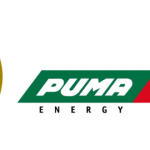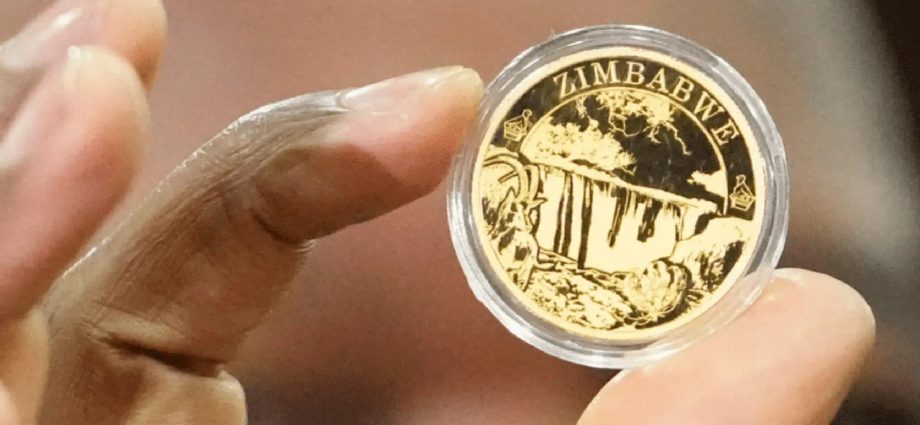Zimbabwe’s latest attempt at monetary reform—the ZiG currency—is facing a slow but steady decline, not through hyperinflation as in past cases, but through growing public indifference and policy shortcomings, according to Imara Asset Management, the country’s oldest independent brokerage firm.
Launched in 2024, the ZiG represents Zimbabwe’s sixth currency reform in 15 years, designed to bring stability through backing by 2.5 tons of gold and $100 million in foreign reserves. However, the currency’s impact has been muted by a prolonged liquidity crisis, now entering its sixth month, Bloomberg reports.
Despite official backing, the ZiG has failed to gain traction. Roughly 80% of transactions in Zimbabwe are still conducted in U.S. dollars, with the South African rand also widely used. President Emmerson Mnangagwa has expressed intentions for the ZiG to become the sole legal tender by 2030, but public confidence remains low and adoption sluggish.
Currency Backed by Gold, Undermined by Policy
The ZiG’s decline in usage contrasts with previous currency failures, which were marked by runaway inflation. This time, policy missteps, particularly the central bank’s aggressive interest rate strategy, have inadvertently encouraged a stronger preference for U.S. dollars, Imara argues.
Efforts to boost confidence in the ZiG have largely fallen flat, as many Zimbabweans view the dollar as a more reliable store of value. The currency’s gradual depreciation further erodes trust, making it harder for the central bank to shift behavior.
Officials Defend the ZiG’s Future
However, Persistence Gwanyanya, a member of the Reserve Bank of Zimbabwe’s Monetary Policy Committee, pushed back against Imara’s conclusions. He contended that liquidity challenges are limited to the parallel market and insisted that the ZiG remains viable.
“It’s not the extinction of the ZiG,” Gwanyanya stated, “but the unwinding of U.S. dollar positions into the local currency that’s next.”
He argued that as confidence builds, businesses and consumers will increasingly shift from dollar holdings to the ZiG, stimulating credit availability and economic activity.
Calls for Broader Economic Reform
Imara remains skeptical. The firm emphasizes that monetary policy alone cannot resolve Zimbabwe’s deeper economic woes. It calls on the government to focus on boosting public revenues, cutting fiscal deficits, and fostering a more stable economic environment.
In a pointed recommendation, Imara concluded:
“It would be better simply to scrap [the ZiG] and move on.”















